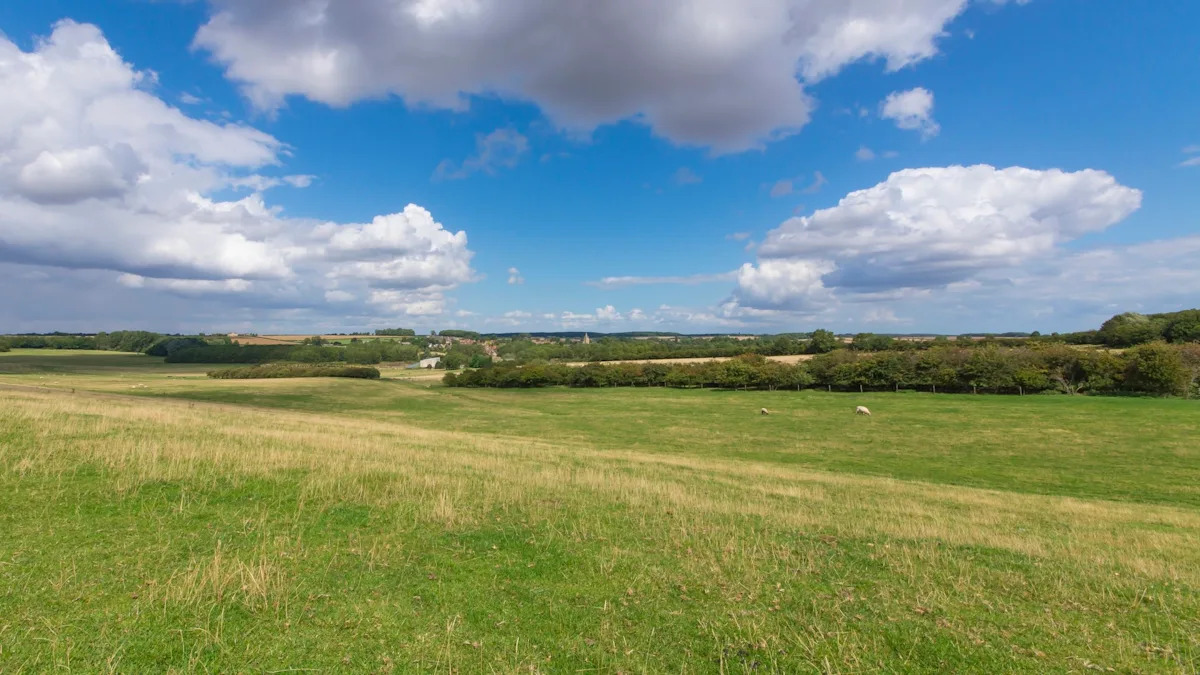A wildlife photographer has documented a seldom-seen dragonfly species at an English nature reserve, according to the BBC.
Tony Clarke captured an image of a lesser emperor dragonfly at Rutland Water Nature Reserve on July 13. This marks just the eighth confirmed living observation of the species in Leicestershire and Rutland since initial documentation in 2003.
The photograph carries special significance for conservation efforts. The Leicestershire and Rutland Wildlife Trust had only one previous photographic record from the region, which showed a dead insect in 2023.
Photography is a powerful documentation tool for scientists who want to track species migration and adaptation patterns. When wildlife enthusiasts and researchers capture images of uncommon species, they curate important databases that help experts monitor population health and distribution changes.
These visual records help us understand endangered and growing species. Each photograph includes data about location, timing, and habitat conditions that scientists can use to assess rehabilitation efforts and guide conservation strategies.
The lesser emperor’s appearance means broader environmental shifts are occurring that may affect Britain’s ecosystems. Once considered an occasional visitor from European countries, this dragonfly has established regular migration patterns across the U.K. since 2000. Breeding populations now exist in Northamptonshire and Worcestershire.
This growth benefits local ecosystems and communities in multiple ways. Dragonflies control mosquito populations naturally while serving as food for birds and fish. Their presence indicates healthy wetland conditions, which filter water naturally and reduce flooding risks for nearby communities.
For people living near these habitats, increasing dragonfly diversity leads to healthier waterways and more balanced ecosystems. These insects act as natural pest controllers and reduce the need for chemical interventions that harm water quality and human health.
Intelligent management of wetland environments supports our most delicate species’ survival, which ultimately boosts human food supplies’ resiliency. Healthy insect populations pollinate crops and bolster the ecological balance we need for agricultural success.
Ian Merrill from the British Dragonfly Society described the species as a “generalist” to the BBC because of its wide-ranging habitat needs, as it’s adaptable to several different wetland environments. While the lesser emperor is an “unusual occurrence” in the area, according to Merrill, its more frequent presence means environmental conditions are changing across the U.K.
Join our free newsletter for good news and useful tips, and don’t miss this cool list of easy ways to help yourself while helping the planet.
